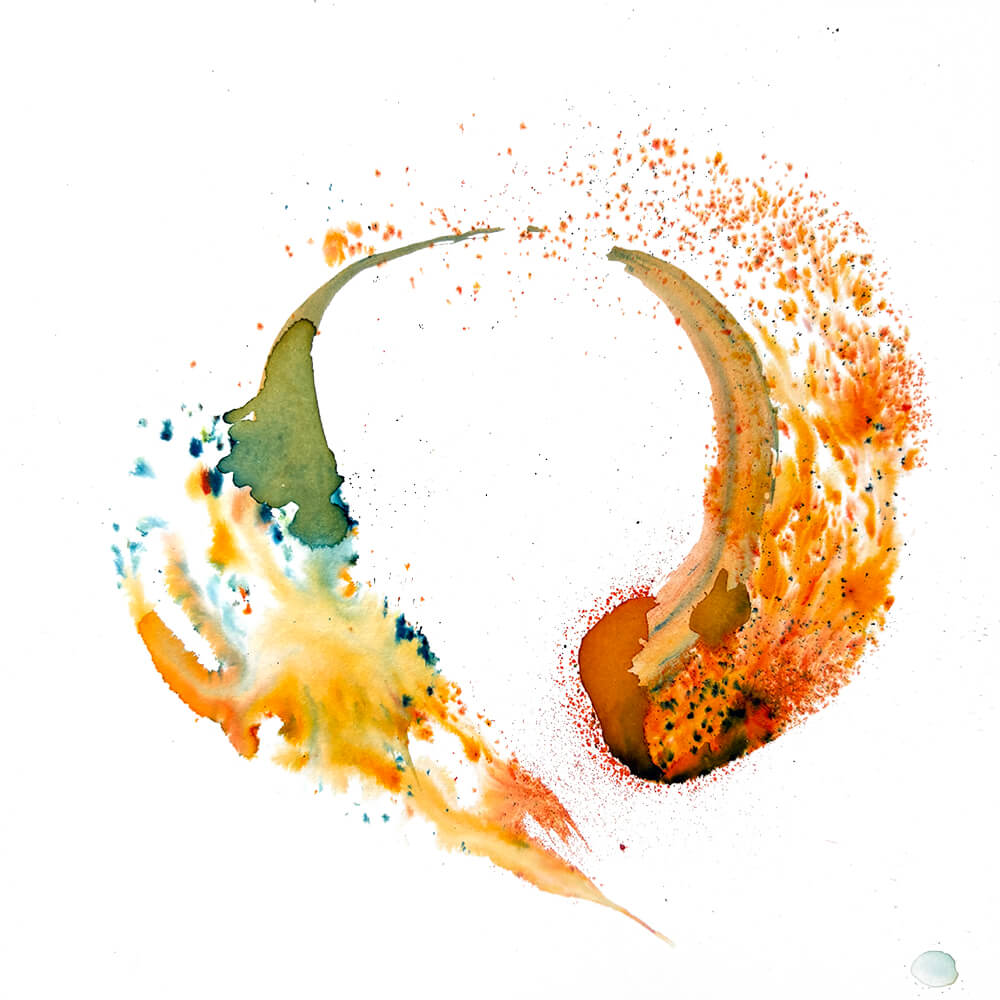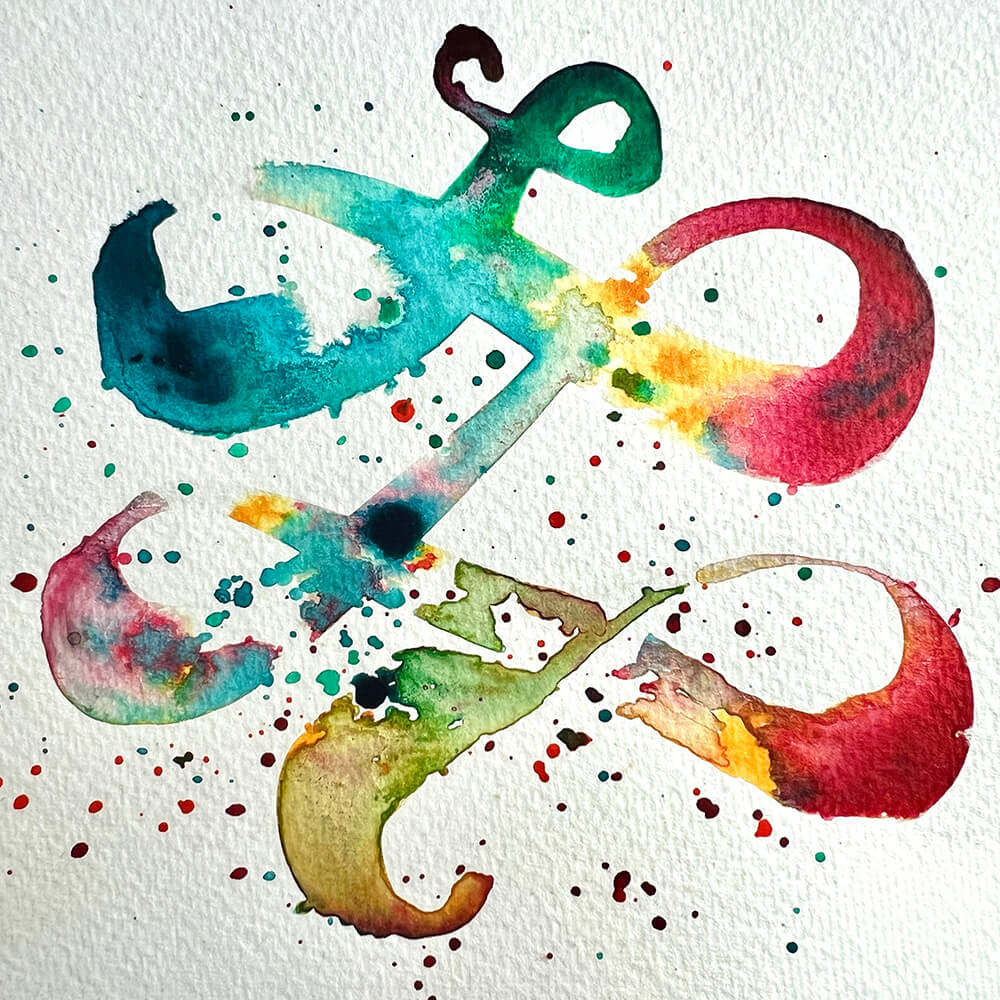A Creative Ritual for Every Lunar Cycle

Everything in your life—every moment, every struggle—is the path.
Everything is an opportunity for awakening.
—Pema Chodron
Alive in this jazz age Gregorian chant melancholy drag show
pitting us between a hardened reflexive nincompoop binary
flooded in zero sum swimming pool concrete
Hands tied with plastic capitalist lies that garnish the big old man lie
the lie to rule them all, so many lies every day, the oldest lie
that the vulnerable quiet ones are naturally rightfully exploited
Yes we are alive in this polychoral sprained ankle of love
where God asks us to risk getting shot in the face
for resisting racist paramilitary nazi/kkk amateur hour
These short new days of the young year slipping
down the slippery chute of submission
who do we need to convince of our sincere intention
Our holy connection—
what can we do to welcome them into our opposition
we believe we can disagree without being enemies
Difference is actually Resilience brand perfume
made from locally-sourced, all-natural materials
with a spring in each gatherer’s step for sure!
Apply spirituality to the wound like bank mud, calendula
shape of a hand upraised in friendship fun, in earthy greeting
heart face eye searching finding the sun unbroken ongoing
Alive for the time being as fossil clouds
neither wise nor foolish just hungry at some level
for more tomfoolery innocence equilibrium ease beauty
This first dark moon week wants justice
the second quarter moon week wants peace
the waxing third week moon just moans & moans
A mountain brook crying down in silver reflecting pools
full of this life experience, both together and apart
is the immediate dance death bliss basis of all existence.









